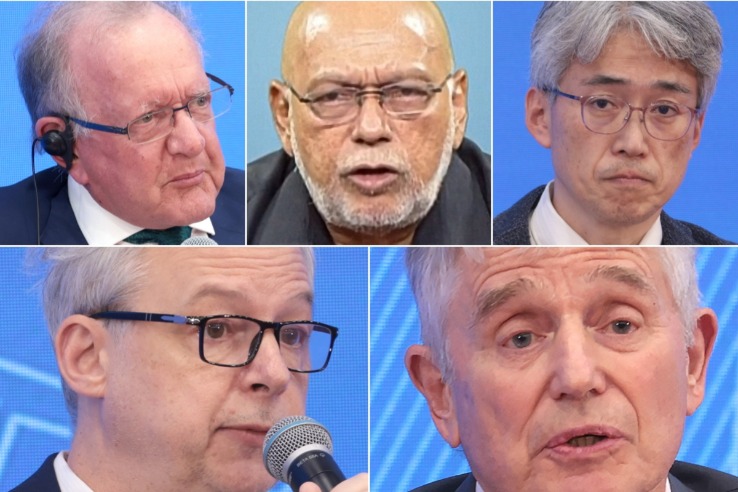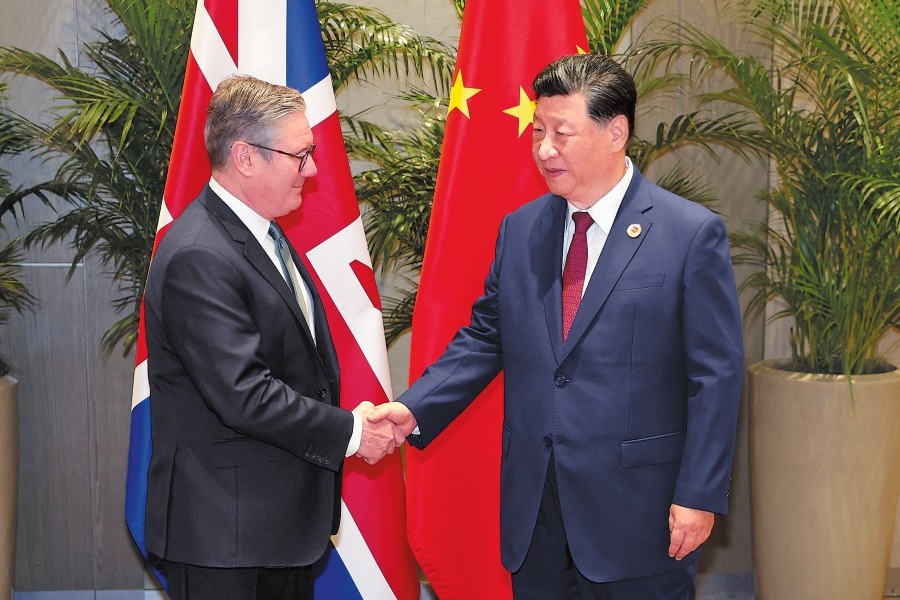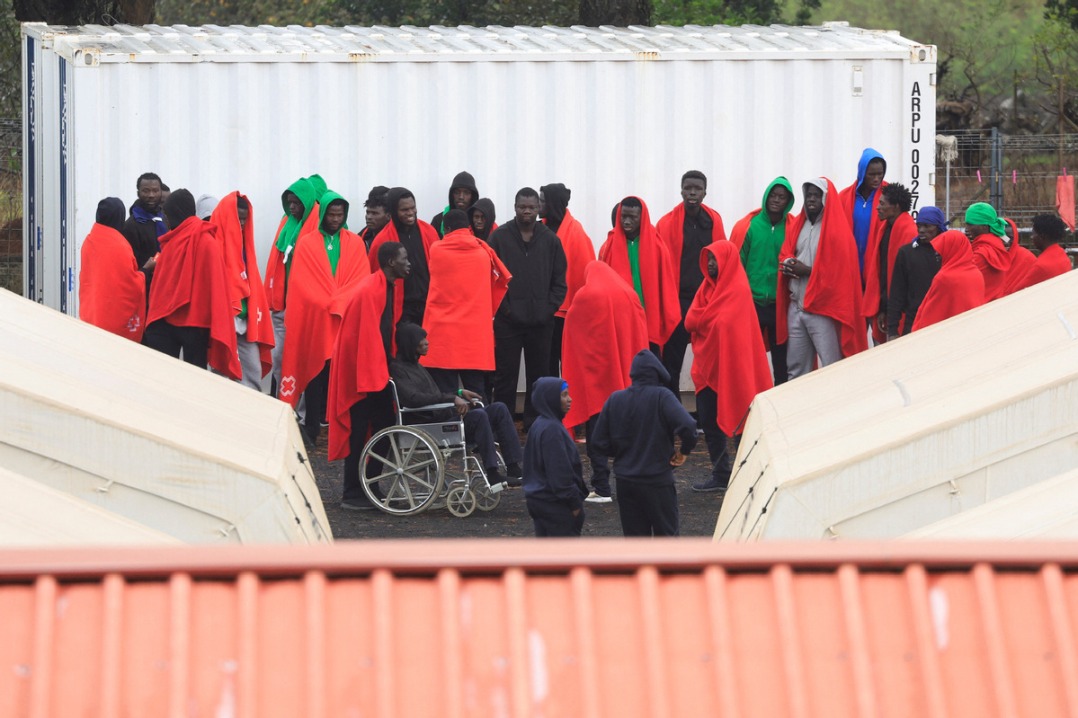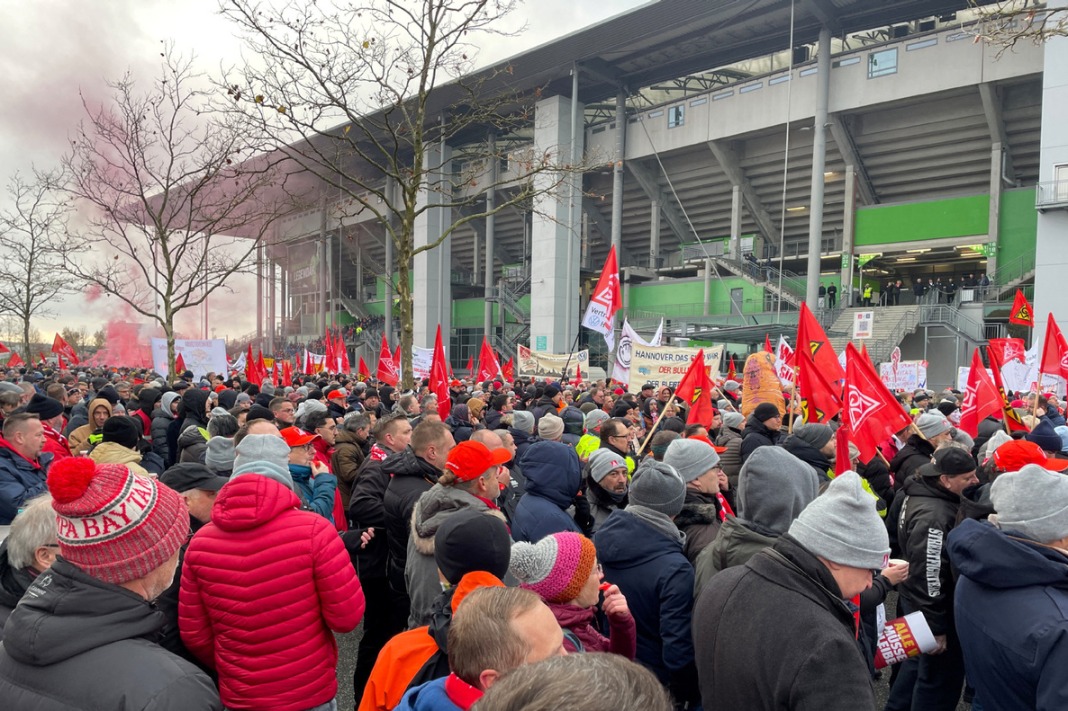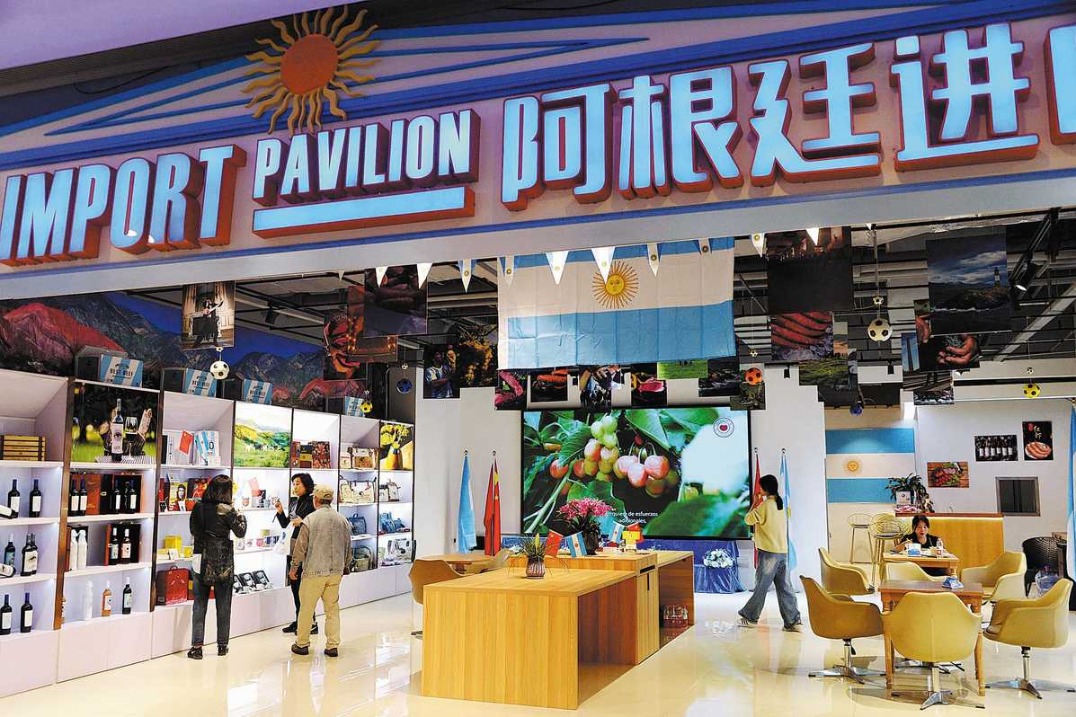Gaining traction

Chinese ownership has given new momentum to Italian tire maker Pirelli
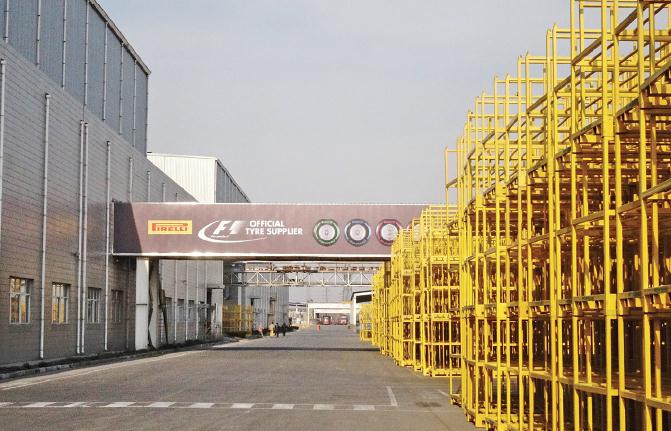
When Italian tire maker Pirelli was acquired in 2015 by a consortium led by China National Chemical Corp, or ChemChina, the news shocked Italy.
No one knew for certain how Chinese ownership would affect the 146-year-old company or the fate of its 36,800 employees in 14 countries.
But Marco Tronchetti Provera, the company's CEO since 1992, was confident the acquisition was the right step for the company.
Last year, Pirelli was reintroduced to the Milan stock market in the biggest initial public offering of the year, raising 6.5 billion euros ($8.06 billion; £5.7 billion).
In Provera's view, investors' willingness to buy Pirelli shares is a sign of confidence in Pirelli's tires as well as faith in its Chinese ownership.
"The IPO was a great success because we were able to set a governance structure in line with the inclusion of best practices, and markets appreciated that very much," he says.
The confidence investors have shown has continued. Pirelli's stock price, which was 6.5 euros per share at the time of the IPO, has now grown to almost 7 euros. After the IPO, ChemChina remains Pirelli's largest shareholder, with a 45.5 percent stake.
Despite Chinese ownership, Pirelli, which was first a family business, remains an Italian company, with Provera and his team in Milan playing an important role. Last year, it produced 76 million tires and sold them in 160 countries.
The manufacture of tires has been moved to countries such as Argentina, Brazil, Turkey, Russia, Romania and China, but the country's headquarters retains a cooling tower from the 1920s, which was used to cool water in tire production.
Pirelli initially expanded into China in 2005 by establishing a joint venture with the Chinese conveyor belt manufacturer Yanhe Group. Today, Pirelli's two China plants, in Yanzhou, Shandong province, and Jiaozuo, Henan province, manufacture tires for China and other Asian countries.
But what transformed the company's China activities was the 2015 ChemChina deal. After the acquisition, Pirelli was taken off the stock market for major structuring, which divided the company's industrial and consumer tire production units.
The industrial unit was merged with ChemChina's own industrial tire production unit, Aeolus Tyre Co. The combined business became the world's fourth-biggest industrial tire maker.
The acquisition also allowed Pirelli to share its cutting-edge technology on industrial tires with its Chinese partner. One example is tire retreading, a core technology that replaces the tread on worn tires, thereby reducing the need to replace tires, significantly reducing costs. Even so, it now accounts for less than 3 percent of China's market, compared with almost 25 percent globally.
















